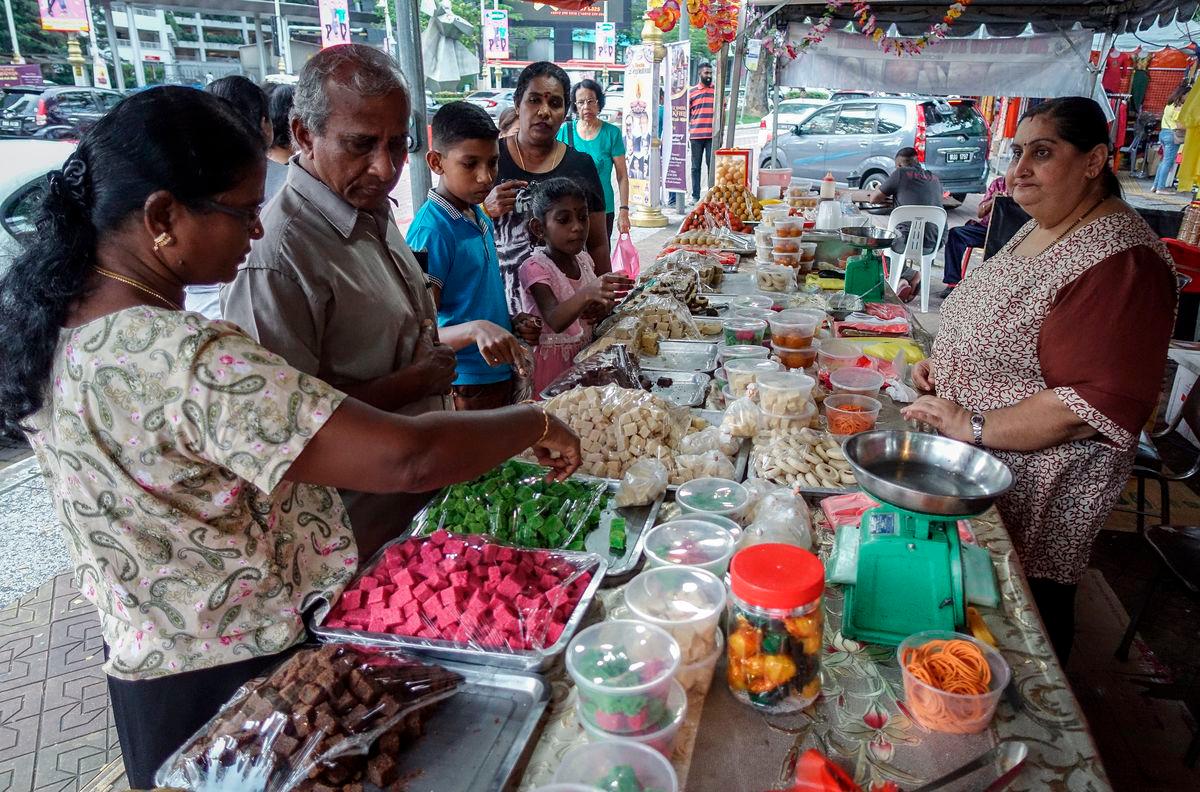PETALING JAYA: A civil society group has warned that the Indian community risks being left behind if the Malaysian Indian Transformation Unit (Mitra) continues to be mired in funding delays and short-term welfare aid instead of long-term development.
Development of Human Resources for Rural Areas (DHRRA) said Mitra’s mandate to uplift the Indian community is being undermined by structural weaknesses, with nearly RM40 million in approved programme funds retracted this year and much of its annual allocation channelled to temporary relief.
DHRRA president Datuk Saravanan M. Sinapan said Mitra risks collapse unless its funding and structure are urgently reformed.
“Mitra continues to receive RM100 million annually, a figure unchanged for nearly a decade despite inflation and rising socioeconomic costs.
“This allocation is increasingly inadequate as Mitra remains the only structured fund dedicated specifically to Indian community development, apart from general aid, such as the Rahmah Cash Contribution,” he said in a statement yesterday.
Saravanan said by mid-2025, about RM40 million from Phase One programme approvals were retracted and replaced with new announcements, disrupting key initiatives in education, training and community empowerment.
“Such delays threaten the implementation of critical programmes and raise fears that unutilised funds may be returned to the treasury,” he said.
He added that between 40% and 50% of Mitra’s annual budget goes to short-term aid, such as dialysis support, student assistance and emergency relief.
“While these initiatives are important, a welfare-centric model is unsustainable and fails to achieve long-term socioeconomic transformation without strategic reform,” he said.
DHRRA urged the government to redefine Mitra’s mandate by formalising it as a statutory body with clear legal authority and measurable targets, including reducing poverty and narrowing income gaps.
Saravanan said the stagnant RM100 million budget must be reviewed and raised to fund high-impact, community-driven programmes, such as capacity building, quality TVET, entrepreneurship support, SME grants and targeted scholarships in critical fields.
He called for district-level implementation in Indian-majority localities, regular public reporting on fund utilisation and stronger coordination with ministries such as education, finance and human resources.
“The Indian community placed its trust in the prime minister during GE15.
“However, concerns are growing that Mitra could one day be dissolved due to the lack of a long-term plan, with aid distributed in an on-and-off manner lacking continuity,” he said.
Saravanan added that DHRRA is appealing for the prime minister’s urgent intervention to safeguard Mitra’s role as a strategic agency for the Indian community’s long-term upliftment.









